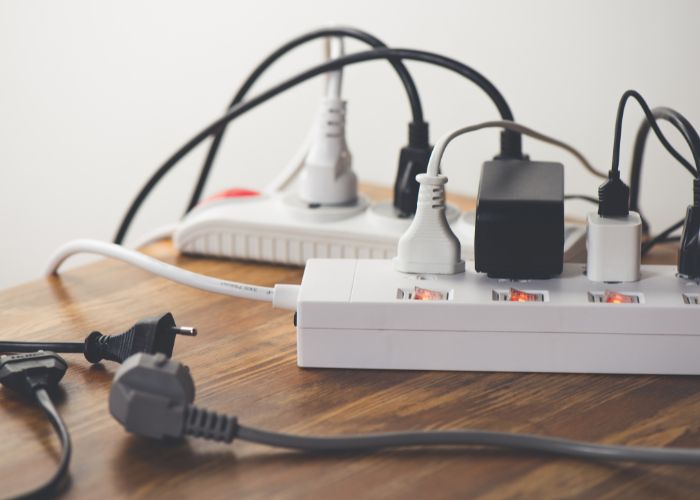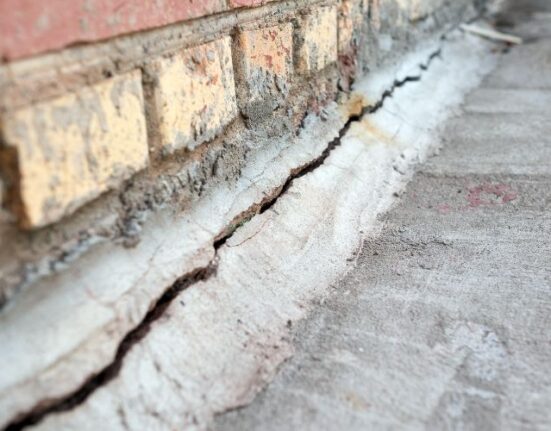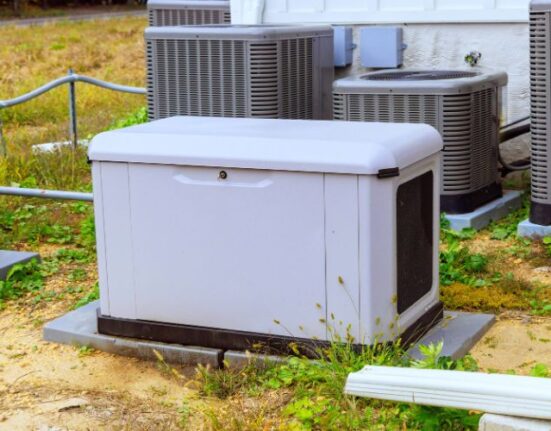Power surges are a common electrical problem that can occur in your home during storms. A power surge is a sudden increase in voltage that overloads your circuits or causes electricity to go back into your system. While the most frequent side-effect of power surges are brief power outages, these surges may result in permanent damage to your electrical devices or even start fires. Here are some helpful steps you can take to protect your home from power surges and the damage they can inflict.
Unplug Unnecessary Devices
During a rough storm, it may be in your best interest to unplug devices you don’t anticipate using at the time. There are many common issues that can occur during electrical storms that you can avoid by unplugging your devices. Naturally, you don’t want to disconnect things like your refrigerator during a storm since that risks unnecessary spoilage. Still, it’s wise to unplug items like washing machines, dryers, video game consoles, humidifiers, or smaller appliances like toasters. The fewer devices you have plugged in, the less opportunity there are for surges to overload your system and damage these items.
Utilize Surge Protectors
While you may not want to disconnect everything during a storm, one way to protect your home from power surges is by utilizing surge protectors. Surge protectors do an excellent job of maintaining secure devices while also providing additional outlets. The components of this protector divert additional voltage and keep any devices at a safe level. For safety reasons, homeowners should avoid plugging a protector into another surge protector, as this could cause a fire.
Perform an Inspection
It may be beneficial to conduct an annual inspection of your home’s wiring. Faulty wiring and electrical systems put your home at greater risk of power surges and other problems during rough storms. Ensure that your wiring has no frayed and exposed pieces to reduce the overall risk of short-circuiting or overloading.

















